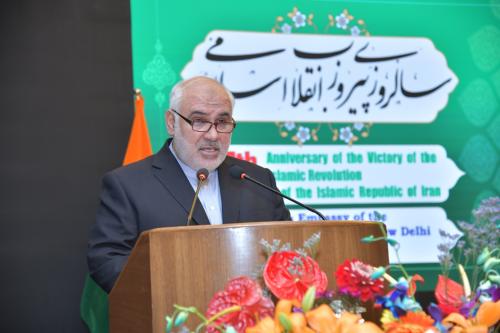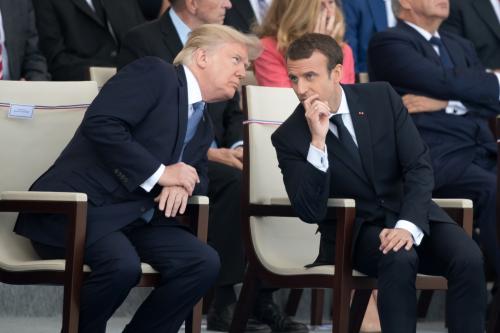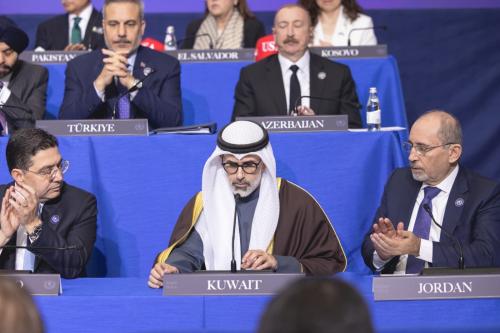By Aarti Tikoo Singh New Delhi, May 15 (IANS) Despite the belligerent rhetoric against the Chinese Communist Party regime across the world, China is likely to enjoy its exorbitant value to the US and the global economy. Consider this: Even as the war of words between the two countries continued under the newly elected Biden administration, as a legacy from the Trump era, China's trade with the US went up 61.3 per cent with $165 billion in the first quarter of this year. Among all of China's trading partners, this is the highest growth rate, as per China's official data. While EU-China trade rose 36.4 per cent, ASEAN-China trade increased 26.1 per cent in the same period. With India, the bilateral trade went up 42.8 per cent even as the two countries clashed with each other at the Line of Actual Control in eastern Ladakh last year. The overall foreign direct investment (FDI) into the country in the first four months of this year has increased 38.6 per cent, year on year. Though last year most of the world imposed lockdown due to the pandemic, resulting into disruption in the global economy but even in 2019, the FDI had gone up 30.1 per cent in the same period. In the last four months, China received foreign investments to the tune of 61.45 billion USD This year's growth in trade happened even as the advanced economies of the world persistently threatened to shift supply chains out of China following the coronavirus pandemic. Many analysts who were hoping that China's loss due to shift in supply chains could be India's gain. But on the ground, not only the EU, but the US remains heavily dependent on China for its manufactured goods. The US is China's third largest trading partner behind the EU and the Association of Southeast Asian Nations (ASEAN) countries. Due to the Biden administration's huge fiscal stimulus plans, an increase in income and consumption have generated a demand in the US market. Industry professionals attributed the sustained upward momentum in foreign investment to the country's solid economic base and consistent opening-up measures, showing foreign investors' confidence in China's economic development.They suggested China should open up further and stabilize foreign investment, given the changes in the external environment. As a result, the US while playing the anti-China optics, has also been sending mellowed hints to the Xi Jinping regime. In his remarks at the UN Security Council's open virtual debate on multilateralism, the US Secretary of State, Antony J. Blinken last week said that the US believes it is not only possible, it is imperative. "Multilateralism is still our best tool for tackling big global challenges," he said adding the US will work with any country "including those with whom we have serious differences." The stakes, he said, "are too high to let differences stand in the way of our cooperation." Blinken seemed to tacitly acknowledge what President Xi Jinping had told Communist party officials at the beginning of the year that China is invincible. Time and history, he told his colleagues on January 11, are on China's side. "This is where our conviction and resilience lie, and why we are so determined and confident," Xi said in his 12,000 word speech, which was published last week. Following the US stand on multilateralism, Xi in a phone conversation with United Nations Secretary-General Antonio Guterres, dismissed it arguing that the world was not genuinely multilateral. "All countries should act in accordance with the purposes and principles of the UN Charter, refrain from pursuing unilateralism and hegemonism, and should not use multilateralism as a pretext to form small circles or stir up ideological confrontation," he warned adding that China will continue to uphold genuine multilateralism. He was implying that China will continue to pursue its stated goals and objectives. His confidence was stemming from the massive economic costs for the global economy if the US were to decouple itself economically from China. Beijing senses the pulse in Washington correctly. That is why the CCP's mouthpiece, the Global Times, analyzed the China-US relations fact sheet published by the US Department of State on May 12. Even as the US state department's country fact sheet is generally seen as a routine official document, but the CCP considered it as Washington's factual overview of its China strategy. Reading between the lines, the Global Times said, the fact-sheet's "ambiguity and cliches" showed that the Biden administration is "still confused" about its China strategy. The US' uncertainty of China policy could also be reflected from the fact sheet in which it said it will address relations with China from a "position of strength," and that it will "suppress China with its strength, but it also needs to rebuild its own strength," the newspaper said quoting an expert. The Global Times wrote, the US is uncertain about how much help its allies will provide and how strong its own strength is as it has plunged into an unprecedented crisis with pressures of economic recovery and deepened social conflicts. The figures of the trade and foreign direct investments into China seemed to validate Beijing's point of view.
China enjoys sweet spot in global trade, calls US confused
- by Rinku
- May 16, 2021 2 minutes

China-US.











